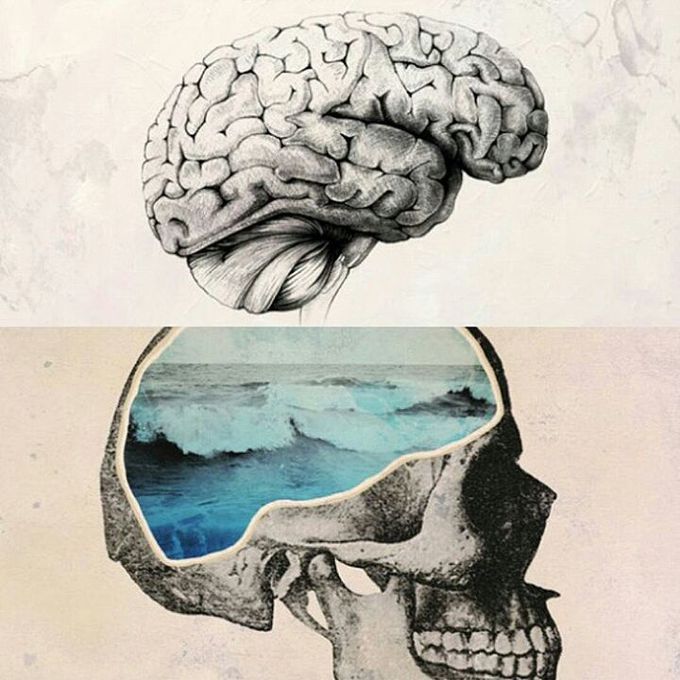


Absent voluntary imagery
Try to picture a sunrise, the beach, or the ocean. Seems easy, right? But this is impossible for people who have a rare condition of absent voluntary imagery — they are unable to picture things in their mind's eye. The condition was recently named "aphantasia," the opposite of "phantasia" – the classical Greek term for imagination. Most of the few people who have been identified by scientists to have aphantasia seem to have been born with it, and researchers hope to use neuroimaging to find clues in the brains of those affected. But in a new commentary, two researchers suggest that a psychogenic form of the condition may exist as well. The first case that eventually led to recognizing aphantasia was actually in a man who acquired it following a routine procedure to have his clogged heart arteries treated. In 2005, the 65-year-old building inspector went to see Adam Zeman, a neurologist at the University of Exeter Medical School in the UK, to discuss the sudden, unusual problem. The man, referred to as MX, had lost his ability to generate visual images following the heart treatment. His imagination had become "blind." Even his dreams had lost their visual content. MX's subjective report was corroborated by evidence from fMRI scans that showed activation in his visual brain areas was markedly lower than that of control subjects during mental imagery. Zeman and his colleagues reported the case in 2010. After the case was covered in the popular press, 21 people with similar symptoms contacted the authors of the original paper. But, unlike in the case of MX, the imagery impairment in those people was congenital. They were born with a blind mind's eye.

